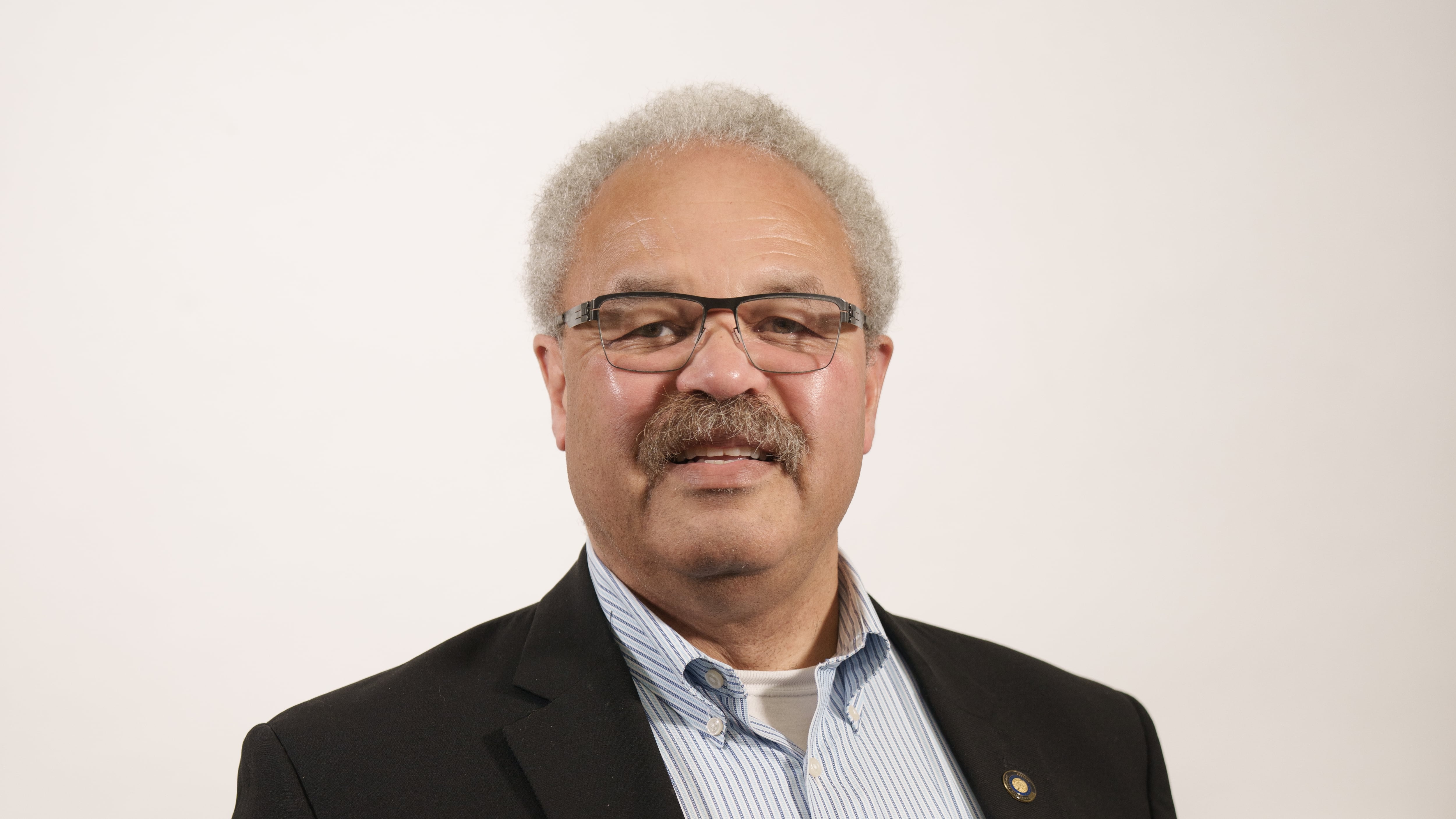As calls for stronger accountability in public education continue to grow from the upper echelons of Oregon’s government, the Legislature’s Joint Subcommittee on Education approved Senate Bill 141 on Wednesday afternoon by a 7–1 vote. The approval means the bill now advances to the broader Joint Committee on Ways and Means.
SB 141 is part of Gov. Tina Kotek’s effort this session to improve the state’s dismal education outcomes. The bill gives more power to the Oregon Department of Education to intervene and coach in struggling school districts, and establishes more metrics to track, specifically around early chronic absenteeism and eighth grade mathematics. It will also streamline grant reporting processes for school districts and improve ODE’s data transparency.
Kotek’s focus on education accountability came amid dueling reports presented to the Oregon Legislature this cycle. A report from the American Institutes for Research studied the state’s Quality Education Model (which projects the cost to adequately educate students statewide) and found it would cost Oregon billions more to help students achieve proficiency in mathematics and reading while reducing chronic absenteeism. Another presentation, by the Edunomics Lab at Georgetown University, mapped increased education funding since 2013 against declining student outcomes.
As she unveiled her bill in March, Kotek told reporters she didn’t “believe in writing a blank check.” SB 141 accompanies the state government’s largest-yet investment in the State School Fund, though many district leaders say much of that investment will be offset by the Public Employees Retirement System, inflation and other rising costs, alongside declining enrollment. (In the same hearing Wednesday, the subcommittee approved $11.36 billion for schools in the upcoming biennium.)
Most of the legislators expressed optimism that Kotek’s bill was a step in the right direction to build a system of shared accountability between school districts and the state for student outcomes, which are at the bottom nationwide in both reading and mathematics.
But many of them emphasized that the bill must be implemented properly. Sen. Suzanne Weber (R-Tillamook) said Oregon tends to fall for “shiny tricks,” where legislators are attracted to new policies but fail to follow through. “If we start this program, we have to commit to it,” she said.
Rep. Dwayne Yunker (R-Grants Pass) was the sole “no” vote for the accountability package in the subcommittee. He says many of the problems school districts face are not ones that can be addressed from the top down. For example, he says it’s hard to blame a school when a parent doesn’t send their child to attend.
“I think what’s going to work is changing what we’re doing…more class time, more time in school,” Yunker says. “We’re not changing any of that, and I think there’s other things we could’ve done that would’ve been more productive to change outcomes.”
Sen. Janeen Sollman (D-Hillsboro) told Yunker the bill is not about imposing a top-down authority on schools, but rather setting the state up to provide school districts with resources and tools to help students succeed. It’s meant to foster collaboration, she said, and emphasized that a streamlined grant process will also give schools more time to focus on improving outcomes.
Sen. Lew Frederick (D-Portland) added that until everyone in the education system and the broader community all put in the work to make student outcomes a priority, the bill’s text is just “rhetorical posturing.” He says it’s the conversation this bill will spark that may be its most powerful effect.
“I’m hoping that what will happen as a result of this is that people will begin to actually step forward and say ‘Alright, what do I need to do?’” Frederick says. “I don’t want to see yet another document that tells me we believe in education but we aren’t actually getting everyone involved in making changes. I hope this begins a process of accountability not just for the schools…but for everybody."

